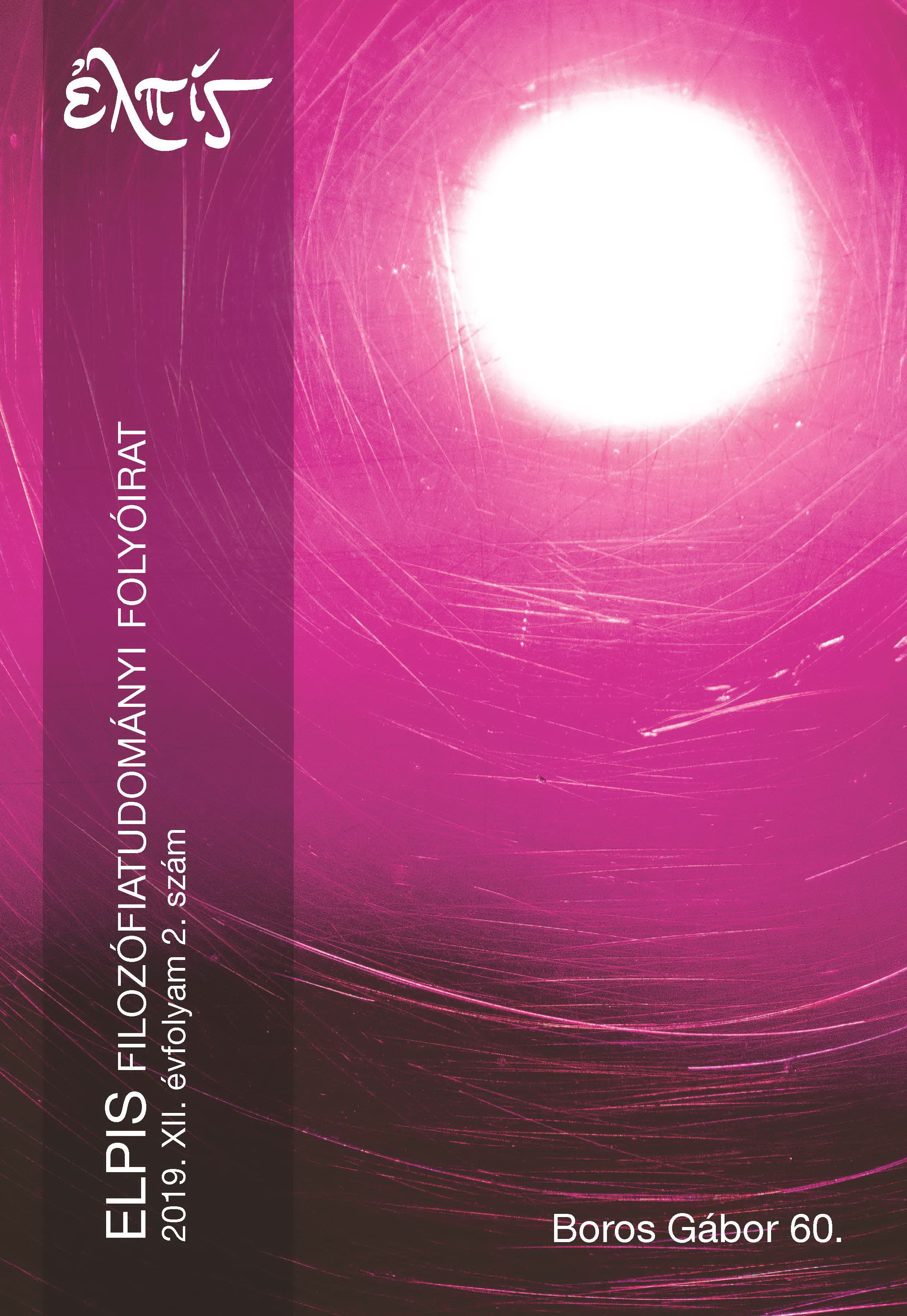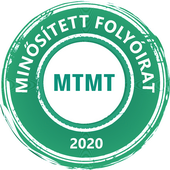The Problem of Intellectual Self-Knowledge in Descartes – Following Gábor Boros
DOI:
https://doi.org/10.54310/Elpis.2019.2.3Keywords:
Gábor Boros, Descartes, Kant, Self-Knowledge, SelfAbstract
Gábor Boros in his article „Descartes and Kant” gives a novel interpretation of Descartes’s self-knowledge, according to which the idea of the self is not one of many, but rather a special idea, which is involved in all the other ideas. In this article, I investigate the problem not covered by Boros’s article, namely what epistemic conditions have to be met in order to know this special idea of the self. In the first part of the article, I argue – based on Bourdin’s objection formulated in the Seventh set of objections – that higher order ideas – based on which the mind acquires self-knowledge – are modes of referring the idea. In the second part, I argue by presenting the intellectual memory that distinguishing intellectual and imaginative content is far less easy from an epistemic point of view than from a metaphysical one. Finally, in the third part, I argue that self-knowledge of the mind is constituted by its experience of its own actions.




